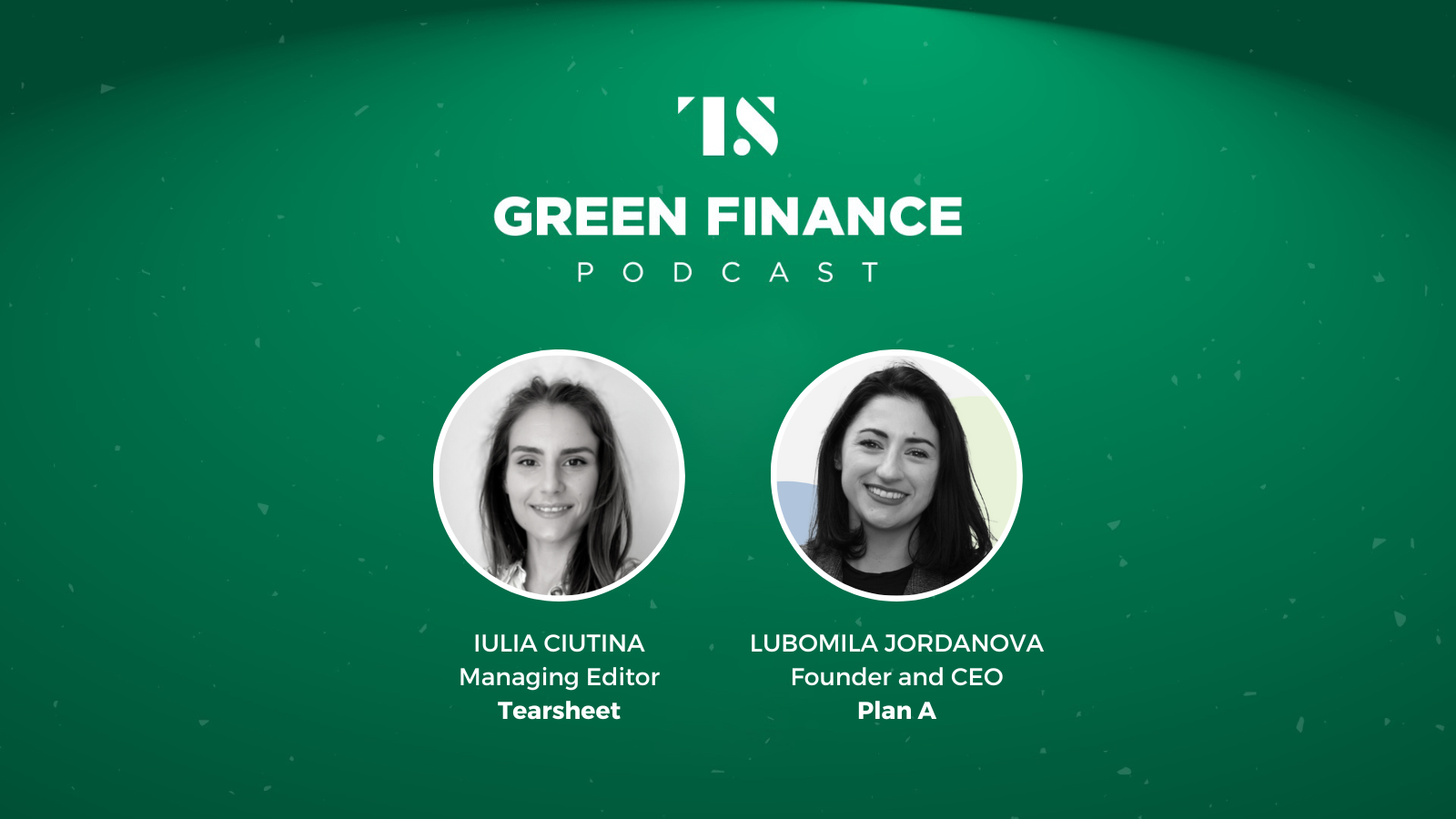Green Finance, The Green Finance Podcast
The Green Finance Podcast Ep. 14: COP27 – is finance ready to move from pledges to implementation?
- COP27 ended around a week ago, and by now we've all probably seen the headlines – an agreement was finally reached to create a loss and damage fund. But what about GFANZ?
- To help us get a better sense of what happened at the conference, today we're chatting with Lubomila Jordanova, the founder and CEO of PlanA.








